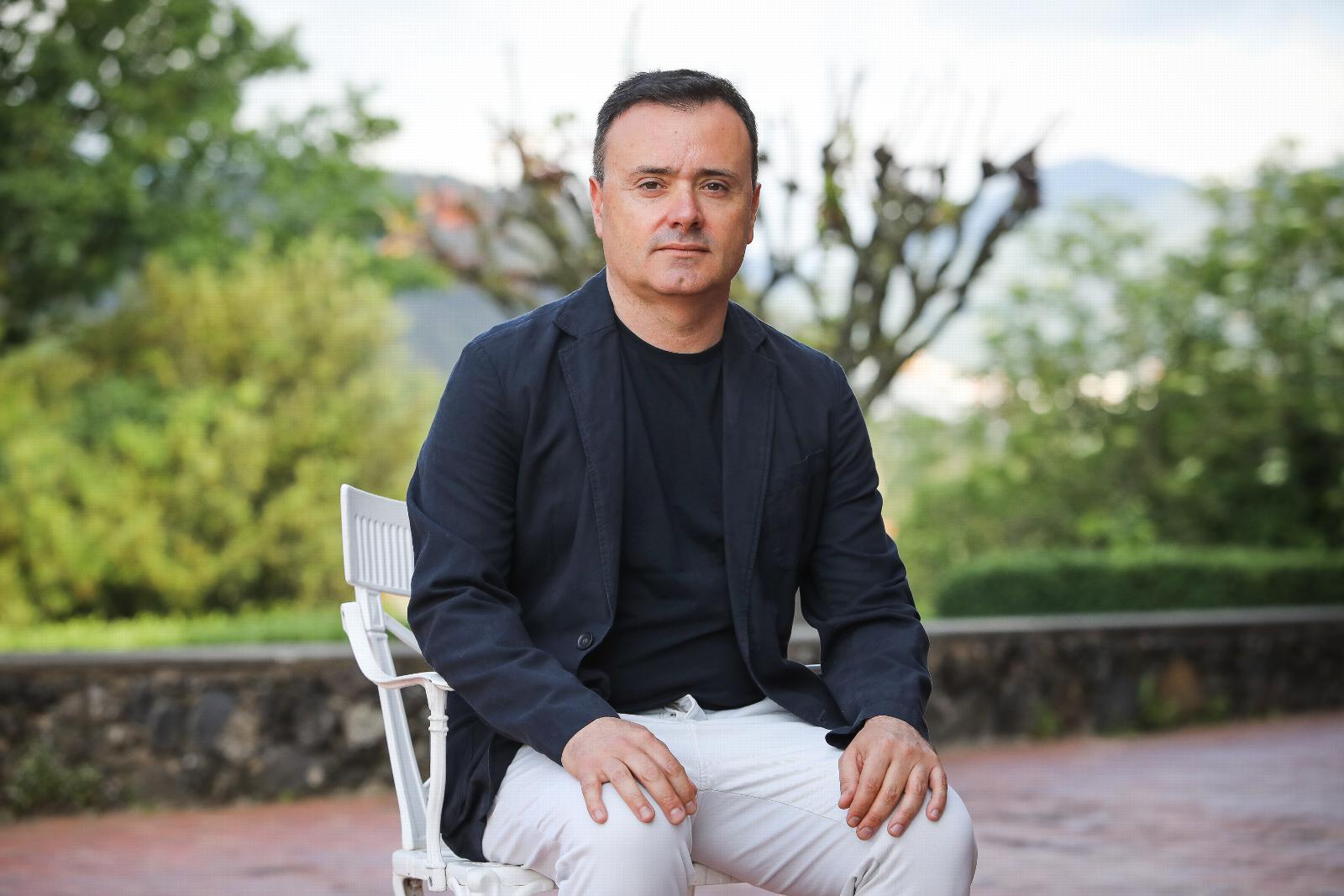Collective residencies / Touched nerves: on feelings in contemporary Catalan culture / Olot
TONI MAESTRE BROTONS
From Monday, 20 May 2024 to Friday, 24 May 2024

Bio
Toni Maestre-Brotons is Senior Lecturer at the University of Alacant, where he teaches contemporary Catalan literature. He has been visiting scholar at the University of Durham and the University of Cambridge (United Kingdom). He has specialized in literature, film and cultural studies with an emphasis on queer and affect theory. As regards literature, he has authored several books on contemporary Catalan writers: "Humor i persuasió. L’obra periodística de Quim Monzó" (2006), "Essències destil·lades. Aproximació a la narrativa breu de Sergi Pàmies" (2013), and "Àngels i monstres. Els personatges masculins en la narrativa breu de Mercè Rodoreda" (2021). His work on film includes essays about Cesc Gay, Albert Serra and Marçal Forés. He is currently exploring the theatre of Josep M. Miró.
Project
Josep M. Miró’s plays explore the emotional regime of contemporaneity. In works such as Nerium Park, El principi d’Arquimedes (Archimedes’ Principle) or Temps salvatge (Wild Time), distrust becomes a predominant affect, as characters feel watched and threatened by an shapeless foreign body coming from outside. This uncanny figure is often epitomized by someone who represents sexual, gender, racial or class otherness. Distrust and fear consequently define a kind of society that is structured around the fantasy of homogeneity, regarding difference and diversity as a threat. At the same time, the characters also feel claustrophobia within this enclosed and surveilled area. Unlike female openness, mistrust is related to male gender, which is remarkably characterized by territoriality, Affect is thus subject to space, in particular a closed community that is wary of the Other and strives to cast it out. Another menace emerges in some plays: the environmental catastrophe, which also causes concern and alarm in the characters.
On the other hand, in El cos més bonic que s’haurà mai vist en aquest lloc (The Nicest Body Ever Seen Around), Miró suggests that the violent society that gets rid of the Other could be redeemed and, hence, regenerated. For this reason, theatre (as well as art or literature in general), not only represents violence, but also provides alternatives to make the world a safe and dwelling place for everyone.
Therefore, during this stay at the Faberllull residence in Olot, Maestre will examine more deeply these “territorial” emotions that shake the people who live in these small, hermetic communities.
